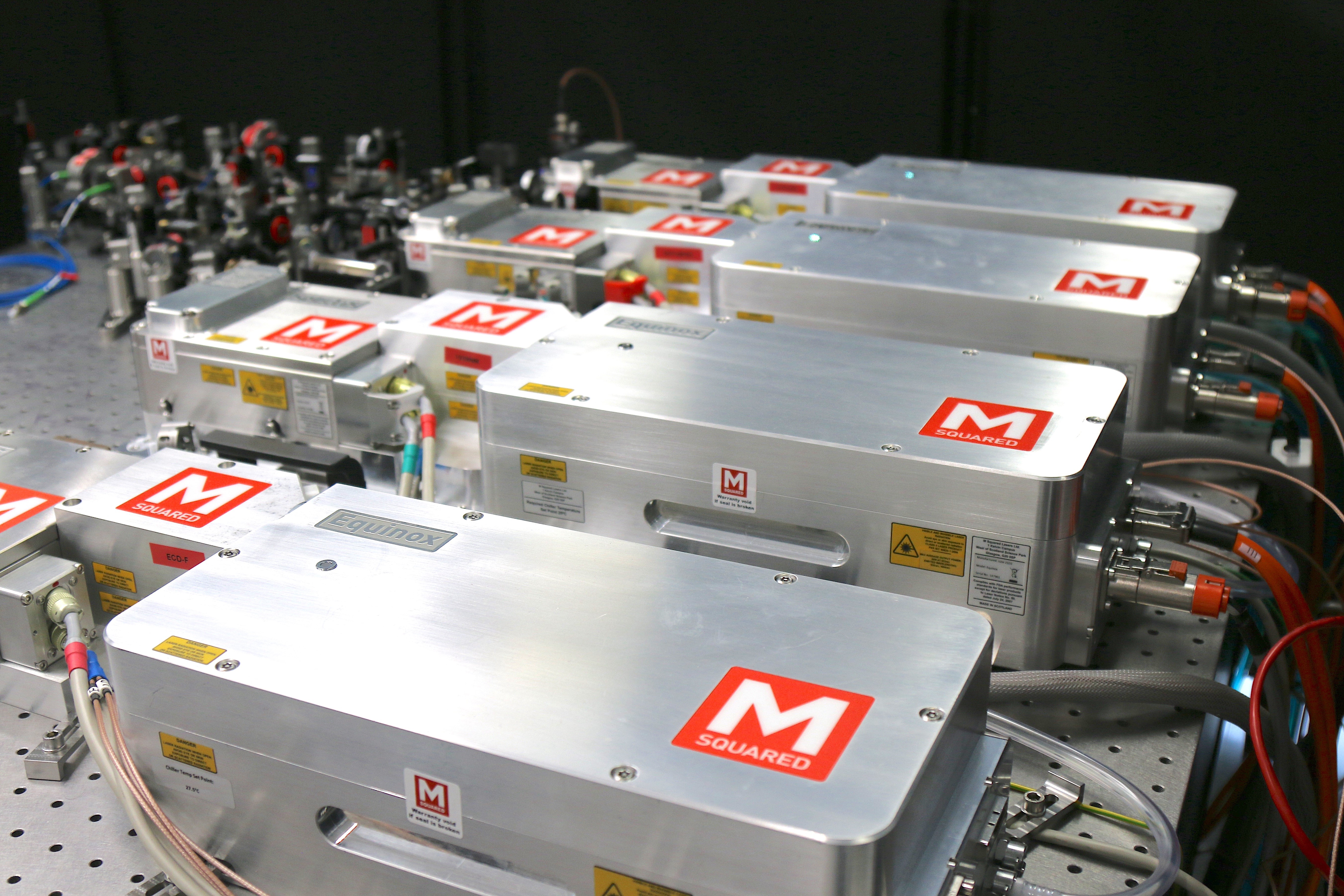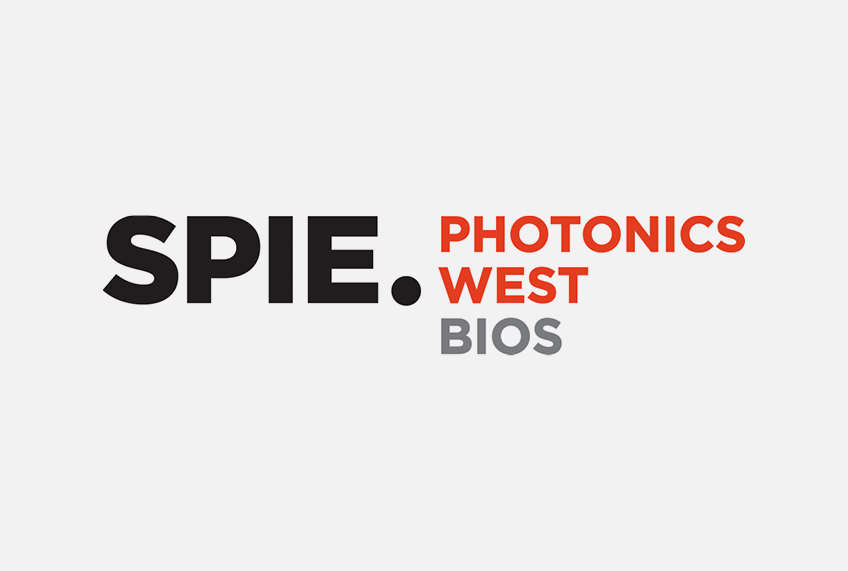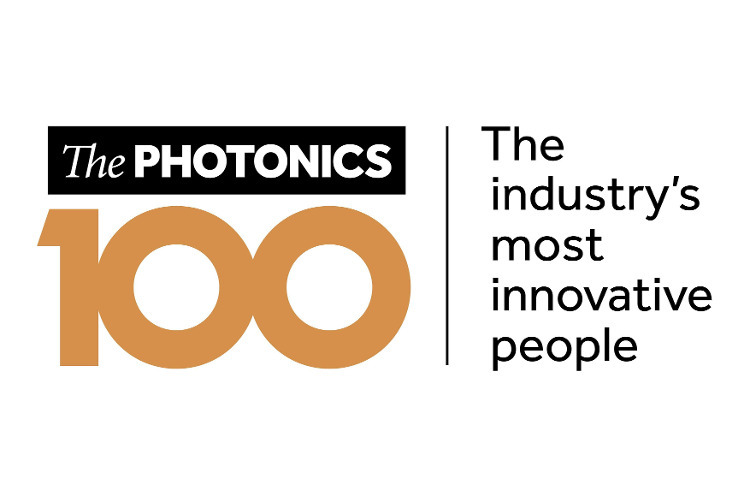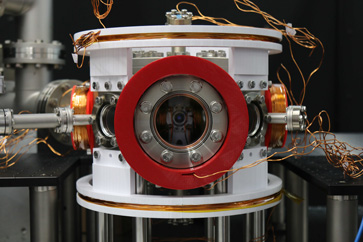M Squared, a globally leading photonics and quantum technology company, has released a new scientific paper showing how state of the art neutral quantum computing can be realised by the latest developments in photonics and electronics systems. The paper, entitled: ‘Laser Systems for High Fidelity Control and Entanglement of Neutral Atomic Qubits’ explains how these developments accelerate progress in neutral atom quantum computing, and enable the next steps towards useable and useful quantum computers.
M Squared Lasers develops technologies that help address global problems – such as tackling climate change – and quantum computing is no exception. In November 2022 M Squared revealed the UK’s first commercial neutral atom quantum computing system. Demonstrated at the UK National Quantum Technologies Showcase the system, named Maxwell, is a globally state of the art neutral atom quantum computing processor – the development of which recognised as a key UK milestone in progressing commercially viable quantum computing hardware systems.
Quantum computing has enormous potential to provide computing capabilities well beyond the reach of today’s supercomputers for key problem types and applications. They are expected to have significant impact across fundamental science and industrial problems and could help tackle global societal challenges. While the principles of quantum mechanics such as superposition and entanglement, required to perform quantum computations are several decades old, it’s only within the past few years that key enabling technologies to implement practical quantum computers have matured enough to realise the first viable computing platforms.
Just as bits are the fundamental building blocks of modern digital computers, two-level systems called qubits form the foundation of quantum computers. A qubit can exist in coherent superposition of two binary states (zero and one), so it can be used to perform certain calculations out of reach from conventional computers. Unlocking and accelerating the potential of system hardware for several established qubit types requires advances to lasers and laser systems to control and measure quantum states and properties.
Neutral atom quantum computing systems have emerged as a promising candidate to realise the full potential of quantum computing. In the released paper, M Squared show how qubit operations on a neutral atom quantum computing system benefit from the deployment of new photonics and electronics packages developed by the company. These packages designed for cold matter-based qubit approaches demonstrated on Maxwell show coherence times competitive with current global state-of-the-art systems.
Craig Picken, Quantum Computing Programme Manager at M Squared explains:
“High-purity, low-noise laser sources are required for high fidelity operations and therefore for quantum computing architectures, in particular neutral atom quantum computing. For these reasons the M Squared SolsTiS platform is routinely used in world leading laboratories.
Neutral atom approaches to quantum computing offer unique advantages towards scalable and flexible computing platforms. The performance of M Squared’s underpinning technology provide a unique platform to progress these systems."

Graeme Malcolm, co-founder and CEO of M Squared concludes:
“The recent developments show that integrating the lasers together with our proprietary electronics we can create the photonics backbone for neutral atom quantum computing systems. This work and the resulting paper is an incredible achievement for the company and the UK, and testament to our innovation focus and collaborations, in particular our strategic partnership with the University of Strathclyde.
The company was originally set up in 2006 to build laser systems for high-precision manufacturing processes: Even early on, we were optimising our laser technology to support research in atomic physics, and we have long understood the linkages between our lasers systems and the global scientific effort to develop quantum computing systems.
This is a significant step forward and proves the groundwork for the next generation of neutral quantum computing system development”.
Whilst the full extent of quantum computing’s potential is yet to be determined advancing and making advances to laser systems will continue to play a pivotal role facilitating the development of practical quantum computing hardware. By demonstrating qubit operations using the industrial photonics backbone of M Squared lasers, the work will provide a strong foundation on which to build neutral atom quantum computing systems and to effectively scale these systems in in future, as well as spurring on the next generation of photonics technology developments.
Find out how our quantum processor, Maxwell, works in this guide >
Date: 17th April 2023

.jpeg)


